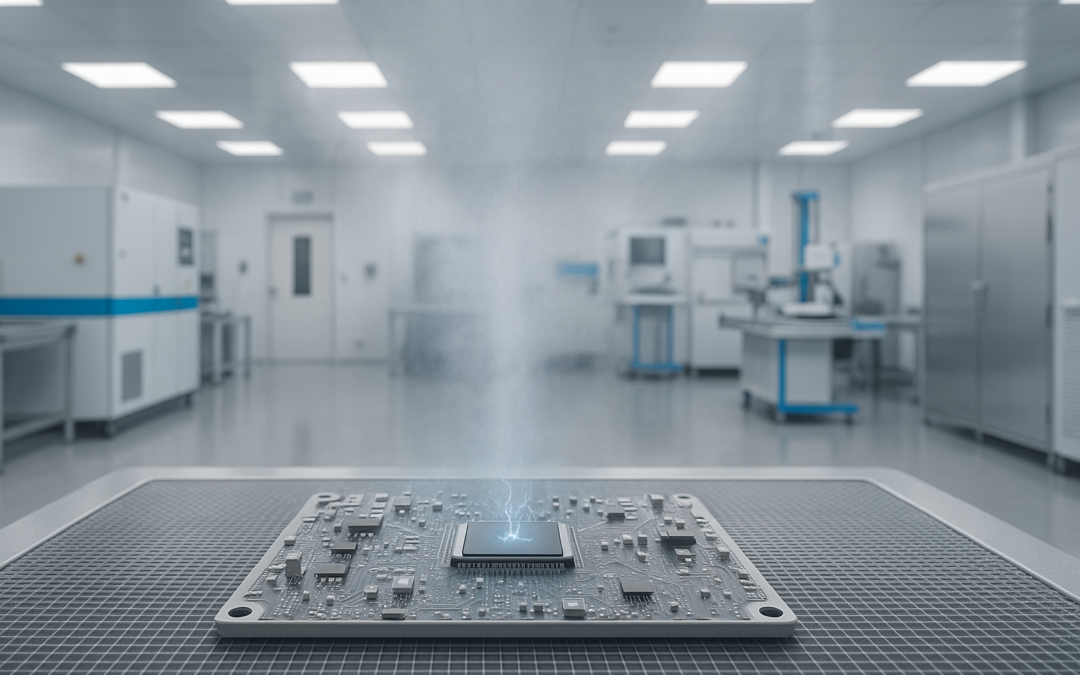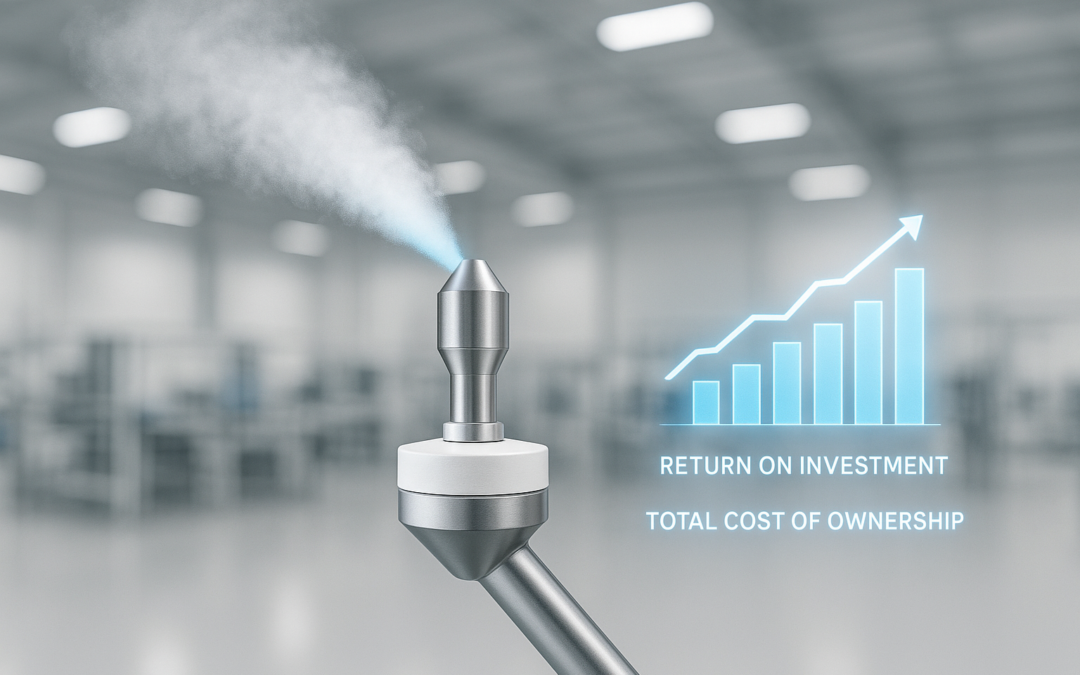Healthcare facilities, operating rooms, clinics, hospitals, and rehabilitative centers rely on a wide range of factors for patients’ health, safety, and overall well-being. One of these factors is air humidification in healthcare. There’s no doubt that proper humidity levels play a significant role in preventing a wide range of health risks and keeping industrial environments safe. However, healthcare facilities are always looking for humidifiers for commercial use that they can efficiently rely on to manage their indoor humidity levels and protect patients from all the risks associated with shared living.
Hospitals always have a high threat of infections and other diseases among patients, doctors, visitors, and others. This is one of the critical reasons why air humidification in healthcare has become significant for healthcare organizations. Many studies have concluded the positive effects of regulated air humidification and how it supports patients residing in hospitals and clinical facilities.
Here are three reasons air humidification in healthcare is important.
Prevention of Microbial and Bacterial Growth
One of the biggest reasons why there’s an increased focus on air humidification in healthcare is that it offers optimal control against the risk of airborne viruses and the risk of their transmission in hospital environments. According to a one-year study in a US-based hospital, it was found that humidity levels are one of the key contributors to the contraction of infections among most patients living in rooms with varied humidity levels.
Hospital rooms with humidity levels of 40% or more reduced the infection rates among patients from 10 to zero within a month of this study. This shows how air humidification in healthcare can prevent the growth of bacteria, viruses, and microbes in healthcare facilities.
Reduced Transmission Rates
Pathogens and infectious viruses thrive in dry air environments, especially when they involve patients with various medical conditions coexisting in the same space. This is where air humidification in healthcare comes in.
A healthcare facility’s ability to monitor and implement regulated humidity levels significantly contributes to reduced transmission rates among patients, regardless of how sick they are. This is one of the key reasons doctors can optimally treat patients and discharge them once they’re healthy and cured of their illnesses.
Optimal Functioning of Healthcare Machinery
Hospitals significantly rely on the readings and results offered by advanced healthcare machinery. From X-rays to monitors and CT scanners, it’s important to offer the right indoor air quality so that these machines can function properly.
Inaccurate readings resulting from static electricity in a dry indoor environment can affect treatment plans and a patient’s overall health and safety. Therefore, air humidification in healthcare is a key aspect to be mindful of.
If you’re looking for industrial or commercial humidifiers for your healthcare facility, make sure you check out our commercial humidification systems for sale at Smart Fog. We specialize in facilitating various industries with our fog humidity control systems. Contact us to learn more today!






